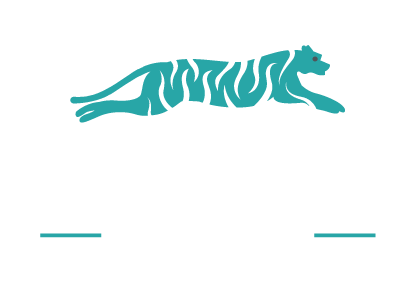Responsible Wildlife Experiences
Wildlife experiences really bring joy to our customers & we love adding amazing responsible experiences to their holidays. There is nothing as memorable or as exciting as seeing an animal in its own environment. I've been fortunate enough to have experienced both whale watching & safari creating incredible memories.
When choosing an operator, you should be looking for one that:
- Follows the guidelines
- There are guidelines on how close operators should go to the whales & how long a boat should stay with a pod. These guidelines are in place to avoid causing whales to abandon vital feeding grounds or being separated from their babies.
- Doesn't crowd the wildlife
- As you can imagine a pack of lions is high on the must see list for many visitors, & all the operators will want their clients to see them. But think about the impact on those lions as multiple jeeps speed to the area. It's not a particularly great experience for the visitors either.
- Encourages the right behaviour from visitors
- Being respectful of the environment & the wildlife
- Taking only photos & leaving the environment as you found it

Complete the enquiry form to create your tailor made holiday.

Seeing animals in the wild is very special but as there are no guarantees, sanctuaries are the next best thing.
I once walked alongside the elephants in Sri Lanka, at the time I believed it was an ethical experience. I do remember feeling uncomfortable about one elderly elephant, who listlessly shuffled around the post he was chained to. This "sanctuary" is no longer recommended however there are plenty that do priortise the well-being of the animals.
Here is our guide to finding the best ones:
Is touching, bathing or riding allowed?
Elephant sanctuaries are particularly popular & offer a great way to see these magnificient giants exhibiting their natural behaviours. The ethical ones protect the animals & their visitors keeping them separate for the safety of both. This means you shouldn't be touching, walking with, bathing or riding wildlife. Those that permit these activities need to control the animals so they can ensure your safety & enjoyment.
Do they have lots of baby animals?
If there are lots of baby animals, it would indicate they are breeding them for the entertainment of visitors. In the wild, baby elephants will only have milk for a short time. In the less ethical sanctuaries, the time is extended so visitors can feed them. This often means their development is slowed as they are not getting the nutrition they need.
Do they offer education for visitors?
An ethical sanctuary will want to educate their visitors on the wildlife, their natural behaviours & the importance of the environment. On site experts & nature guides will be happy to answer questions & advise on how visitors can have a more postive impact.
Are they supporting local wildlife, community or environment in some way?
Many operators will not only be taking visitors to see the wildlife but are likely to be supporting the environment & the communities in the local area. They may be employing local people, partnering with local enterprises or charities to increase the positive impact on the environment & therefore the wildlife. For example, many former poachers are now safari guides giving them an alternative income as well as an opportunity to give back to their community.
.png)
We will always recommend ethical options for you. If we can't book a particular experience for you, we'll let you know why & recommend suitable alternatives.
Enquire to plan your next wildlife holiday.







.png)



